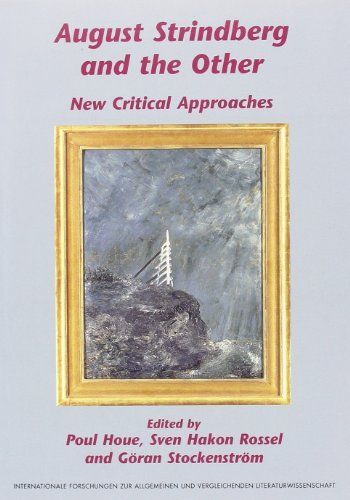
August Strindberg and the Other New Critical Approaches
The recent sesquicentennial of August Strindberg's (1849-1912) birth was an appropriate occasion for investigating the role of this towering figure in Nordic literature. By Eugene O'Neill once labeled the most modern of moderns, Strindberg the playwright has commanded a prophetic influence on 20th century drama and theater, and his voluminous production in several other genres continues to constitute a watershed and some of the highpoints in Swedish letters. Yet, Strindberg remains as controversial today as he was in his lifetime. The nature and degree of his modernity are still under discussion, and so is the impact of his remarkable genre-proliferation and border-transgressing Swedishness. Once considered too unruly for the pillars of society and too pious for the radicals, his artistic and existential points of gravity remain in critical dispute. Generally subjected to traditional modes of inquiry, Strindberg's complexity calls for new critical approaches. Strindberg and the Other brings together scholars, younger and older, from Scandinavia and abroad, who either venture such new approaches or engage their practitioners in fruitful dialogue. Especially promising among the volume's methodological and theoretical propositions is the notion of the 'other' and 'otherness.' Indeed, the image of August Strindberg himself is quite an-other at this millennium than it was just half a century ago.